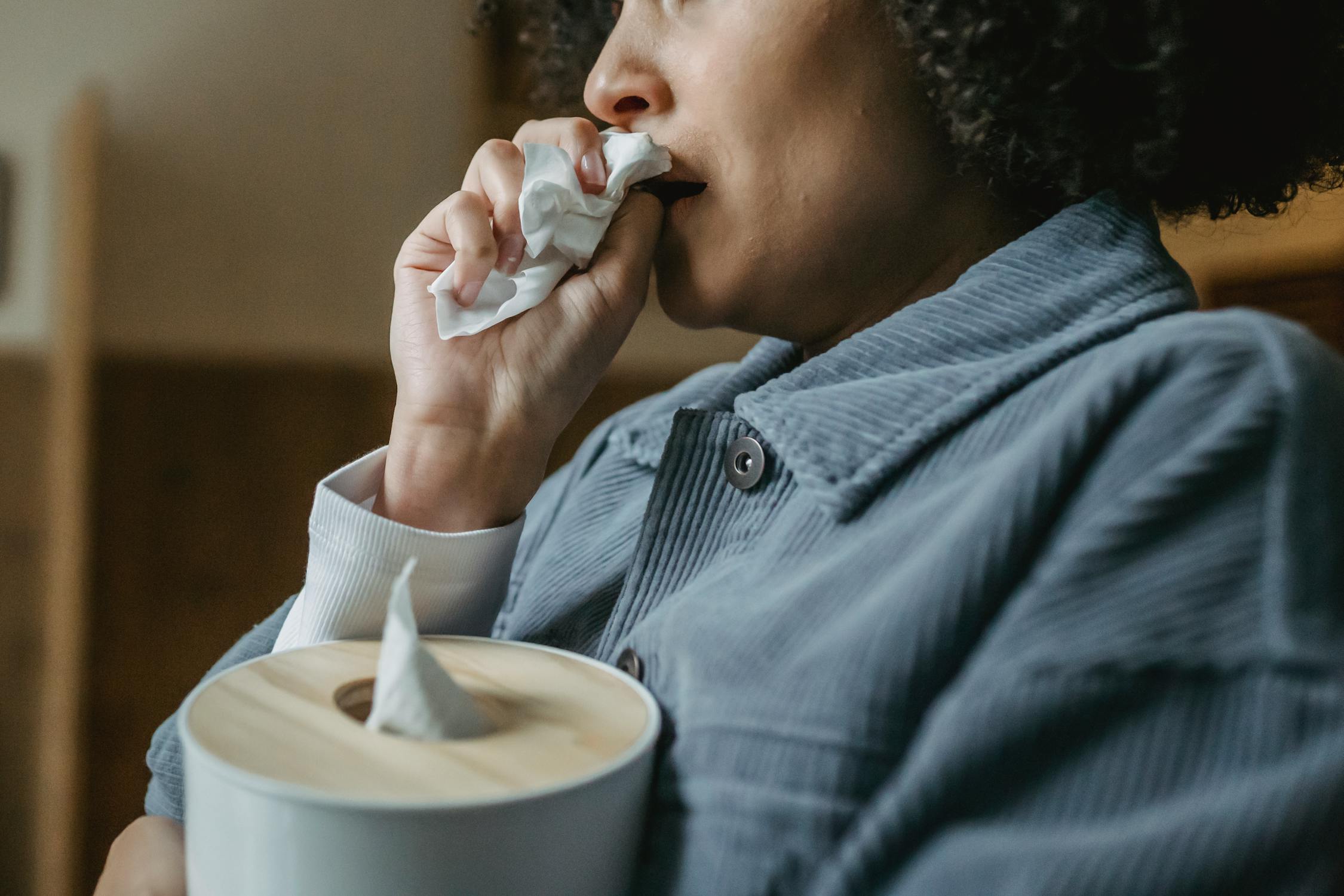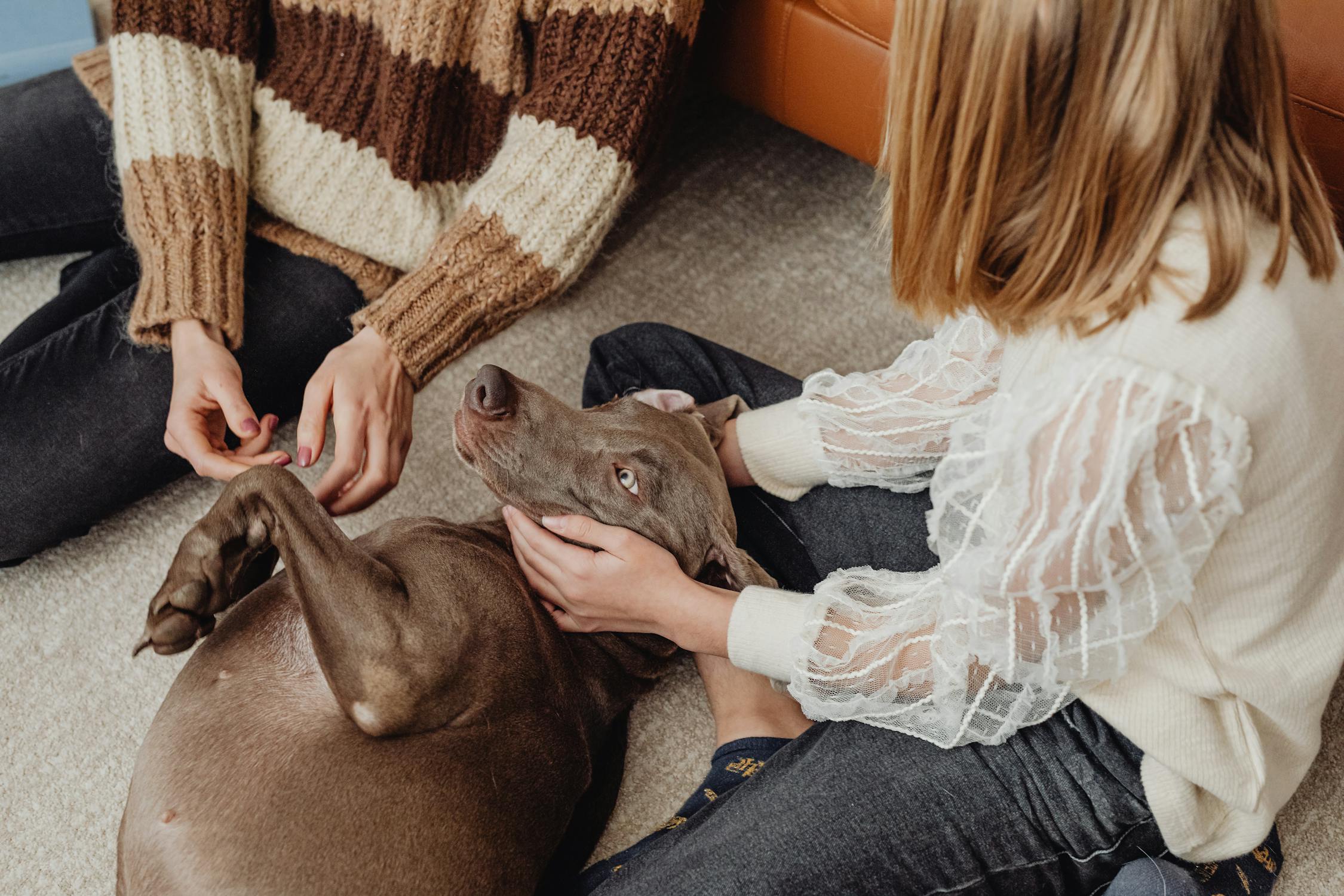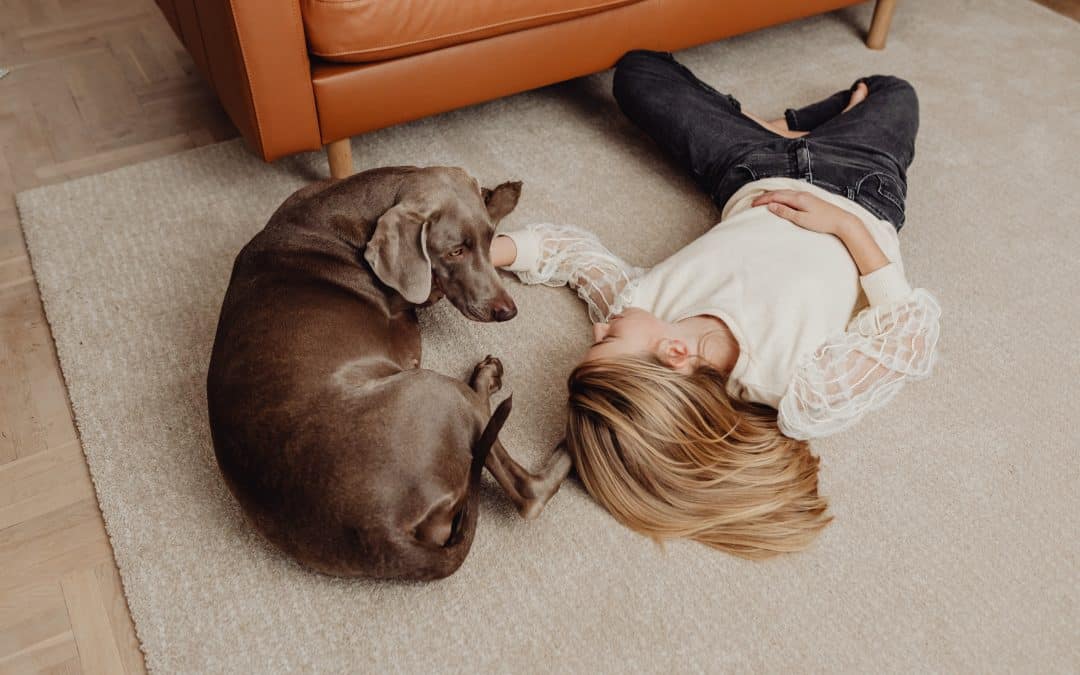Losing a pet can feel like losing any other loved one. You may experience intense sadness, emptiness, and even depression. If you’re struggling to cope with losing your pet, it can help to know that you aren’t alone. You can do things to cope with the loss and eventually find comfort again.
1. Grief and Loss
Grief is a normal response to loss. It’s not a sign of weakness, nor something that can be rushed or fixed. Feeling sad, angry, or upset after losing someone you love is completely normal. It doesn’t mean you’re broken or incapable of healing.
Most people experience grief as an intense sadness and loss over the death or disappearance of someone or something they value. Grieving is an emotional response to a significant life change that has affected your sense of self-worth and security.
You may have heard that grief comes with five stages: denial, anger, bargaining, depression, and acceptance. The truth is we cope with loss differently depending on our personalities, backgrounds, personal beliefs about death/dying, and cultural traditions surrounding death rituals. So don’t get discouraged if a coping method does not work out for you, there are many ways to cope with grief, depending on who we are as individuals.
2. Loneliness
Losing a pet can be very lonely. It’s not just that you’ve lost a friend or companion, but it can also feel like the loss of one of your family members.
Pet loss can be a reminder of the loss of a loved one. If you have pets and children, losing your pet could remind you of losing one or more children due to death or separation. Losing a pet may also remind you of other losses in your life, such as the loss of an important person who was important to you and your pet.

3. Stress and Anxiety
Stress and anxiety are two of the most common mental health symptoms after losing a pet. It is normal to feel stressed out when you lose a pet—especially if that pet was a family member or had been with you for many years.
Pets often become part of our families and are treated like human children. They’re loved, cared for, fed well, given medical attention when needed, and spend time with us daily. When they feel sick, and there is the possibility of not recovering, you can consult with professionals who perform at home euthanasia in Boston to ensure that your furry friend rests easily and that your mental health is put first. However, you will still experience the pain of losing your furry friend. When they pass away, it can be very traumatic. You are not surprised if you experience stress or anxiety after losing your beloved companion animal.
4. Depression
Depression is a serious mental health issue that can devastate a pet owner’s physical and emotional well-being. Depression, like grief, is common after the death of a beloved pet.
The symptoms of depression include:
- Feeling sad or hopeless
- Having low self-esteem
- Experiencing changes in appetite or sleep patterns (insomnia)
If you feel you are suffering from depression, it is important to seek help from someone with experience treating this condition. Numerous therapies exist for treating depression (including therapy and medication). However, not all types of treatment work for everyone. It may take trial and error before finding the right treatment plan for yourself or your loved ones experiencing post-pet loss depression.
5. Physical Health
You can also expect your physical health to be affected. Stress and anxiety may lead to physical health problems, such as heart disease or stomach issues. Depression can lead to chronic pain and digestive issues.

How to Cope With the Feelings of Losing a Pet?
Losing a pet can be hard, and might be hard for others to understand the pain you feel when the time comes. However, it is a great idea to reach out to someone and get help when coping with the loss of a pet. You want to ensure you are looking after yourself by being around people who make you happy, eating a healthy diet, getting plenty of sleep, and exercising regularly. You also want to make sure that the way you cope with the loss is meaningful. For example, holding a funeral, preparing a memorial, compiling a photo album, or planting a tree are great ways to honor your pet, get closure, and help with your healing process.
Loneliness is another major factor that impacts your body’s ability to heal. For example, heart attacks are more common among people living alone than those living with others. If you’re missing your pet, it might be necessary for a time for you to either have someone stay with you or move in with family members or friends. They can provide support during this difficult time. This can improve mental and physical health by ensuring that someone is there for you when needed most.


